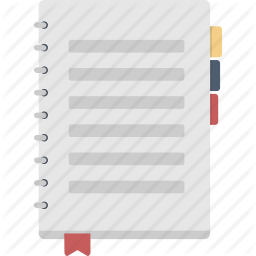Authors
Abstract
ABSTRACT
The objective of this document is to present the foundations and principles of a new tendency of environmental thinking that has relationship with the complexity, the totality sciences besides to show that they break up definitively with linearity concepts. It has three parts: The first moment provides necessary elements to understand the Complexity that we have inherited from Cartesian thinking and the modernity, making emphasis in the relationships between ecosystem and culture, especially in the rural system. In a second moment, some questions are presented on how the man's adaptation has been on its environment, keeping in mind the different cultural dynamics with the ecosystems. Finally some proposals are presented supported in different studies elaborated by experts that seek to be a contribution to the processes of sustainability of the urban and rural territories, having as starting point that both coexist and they are mutually impacted, generating interactions in those that the man is imbued in their acts of cultural adaptation, possible strategies are presented to understand and to make a difference to our reality, the reality of our territory, our country.
References
ÁNGEL MAYA, Augusto. La Diosa Némesis, Desarrollo sostenible o cambio cultural. Corporación Universitaria Autónoma de Occidente, 2003. Pág. 213
CAPRA, Fritjof. 1999. La trama de la vida: una perspectiva de los sistemas vivos. Barcelona: Anagrama.
CARRIZOSA, Julio. 2003. Colombia, de lo imaginario a lo complejo. Bogotá: Instituto de Investigaciones Ambientales IDEA, Universidad Nacional de Colombia.
FORERO, J. 2002. Sistemas de producción rurales en la región Andina colombiana Conciencias, IER Universidad Javeriana, Bogotá.
MARTINEZ – ALIER, J. 1992. De la Economía ecológica al ecologicismo popular. Icaria, Barcelona.
MORIN, Edgar. 1994. Introducción al pensamiento complejo. Barcelona: Gedisa.
NOGUERA, Ana Patricia. 2004. El reencantamiento del mundo. México – Manizales: Programa del Medio Ambiente para las Naciones Unidas PNUMA, Instituto de Investigaciones Ambientales IDEA. Universidad Nacional de Colombia.
SALGADO, Carlos. 2004. Estado del arte sobre desarrollo rural. En: MACHADO, Absalón. 2004. La Academia y el sector rural 3. Bogotá, Universidad Nacional de Colombia.


 PDF (Español)
PDF (Español)
 FLIP
FLIP























